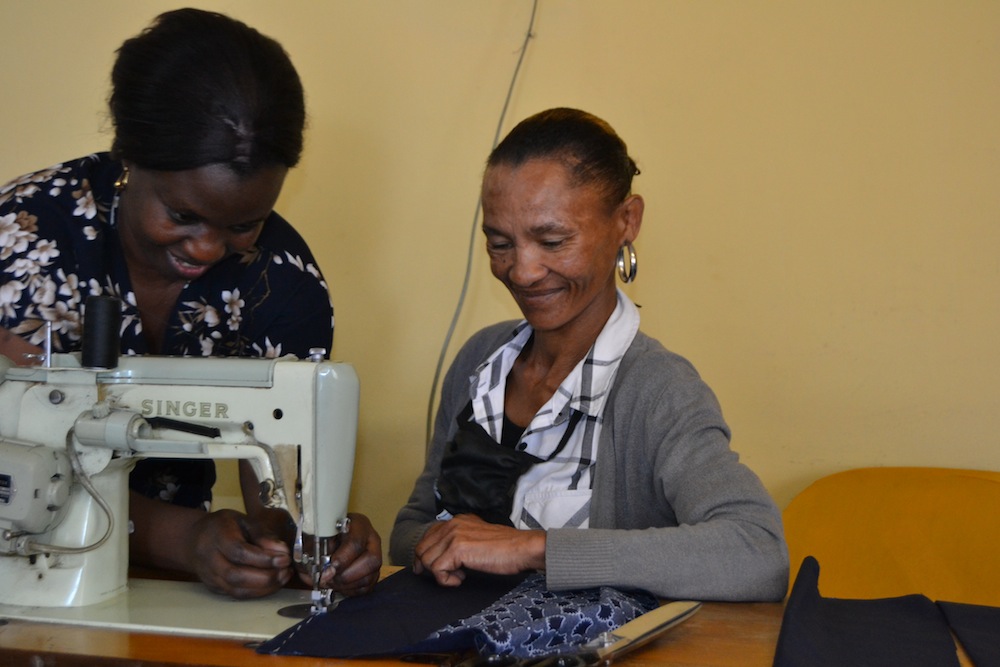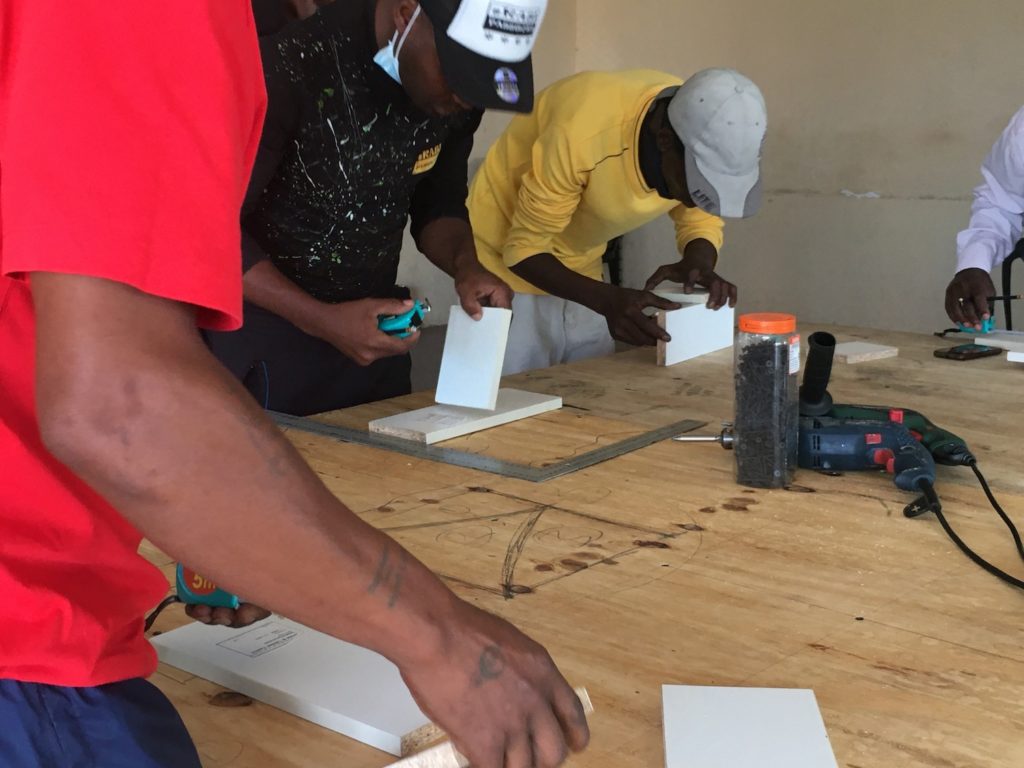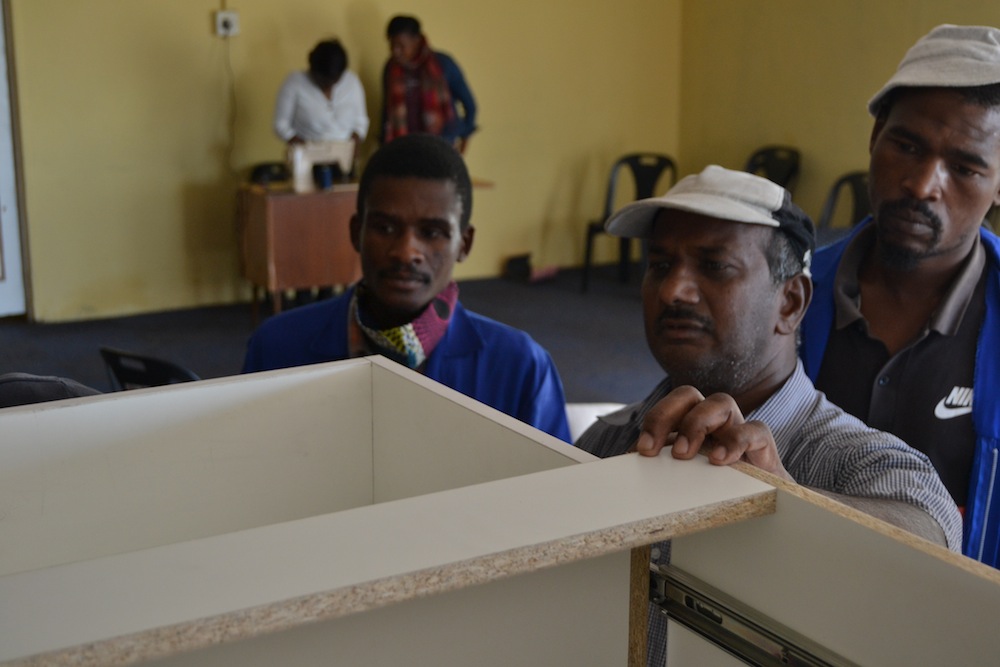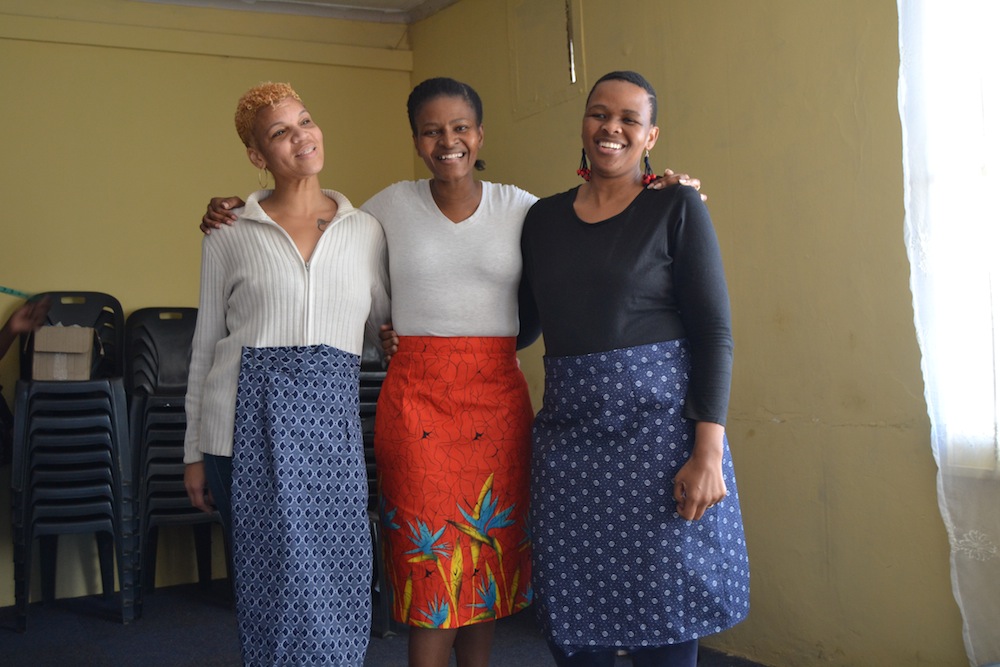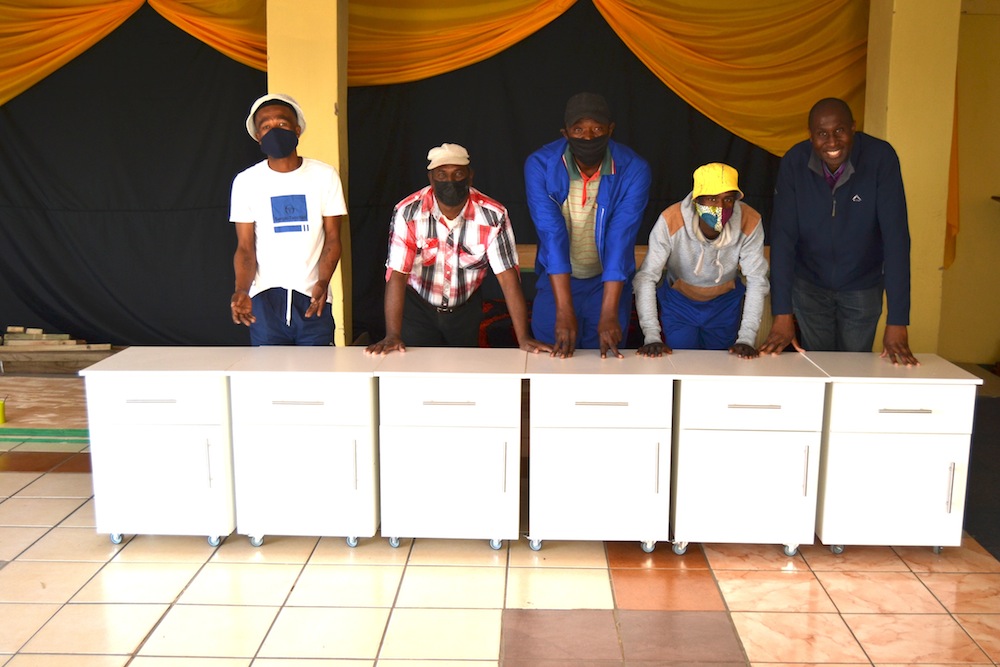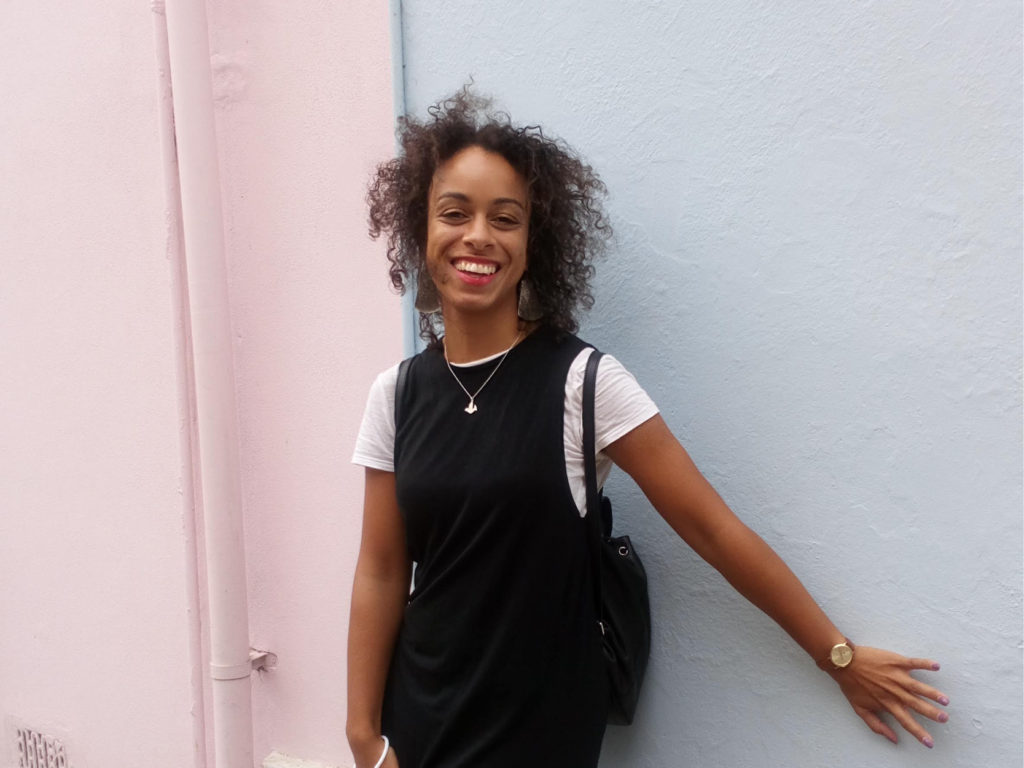Alumni Spotlight: Henry Gwani, Africa Capacity
Duncan McFadzean
- Tell us what about yourself and your venture?
I run a nonprofit called Africa Capacity. To address the high rate of recidivism in South Africa, we integrate vocational training with life skills training, restorative justice, basic mental health and discipleship among formerly incarcerated persons in the Eastern Province of South Africa.
- How did you get involved with Creo?
I got involved with Creo through an online ad I saw and after connecting with co-founder Duncan I knew it was the right thing to do.
- How did you find your experience of Creo? How did it help your venture?
The training sessions were fantastic but an extremely important highlight was the coaching sessions. They gently guided me towards clarifying my thoughts and presenting my organization well before potential partners.
- What are you most excited for in your venture?
The possibility of helping poor, formerly incarcerated persons who struggle to get a job due to their criminal record, to gain skills, earn a living, and develop a thriving relationship with Jesus.
- What are some of the things you’re thinking about/questions you are asking as an entrepreneur?
As we engage the unsaved poor, how do we effectively facilitate genuine repentance/relationship with Jesus while empowering them with the skills needed to thrive?

Henry Gwani is a student of missions and management whose work assignments have taken him to more than 30 countries across Africa, Europe, Asia and North America. After serving for almost 15 years as a missionary with Mercy Ships, Henry and his wife, Mampho, founded the Africa Capacity Building Council (ACBC) in July 2015. ACBC’s goal is to train Africans in missions and managing small businesses. The non-profit organization operates out of the Eastern province of South Africa. Henry is currently pursuing a Doctor of Ministry degree in Leadership from George Fox University. Henry’s goal is to identify, train, and mobilize 300 vocational missionaries in South Africa by 2030.


